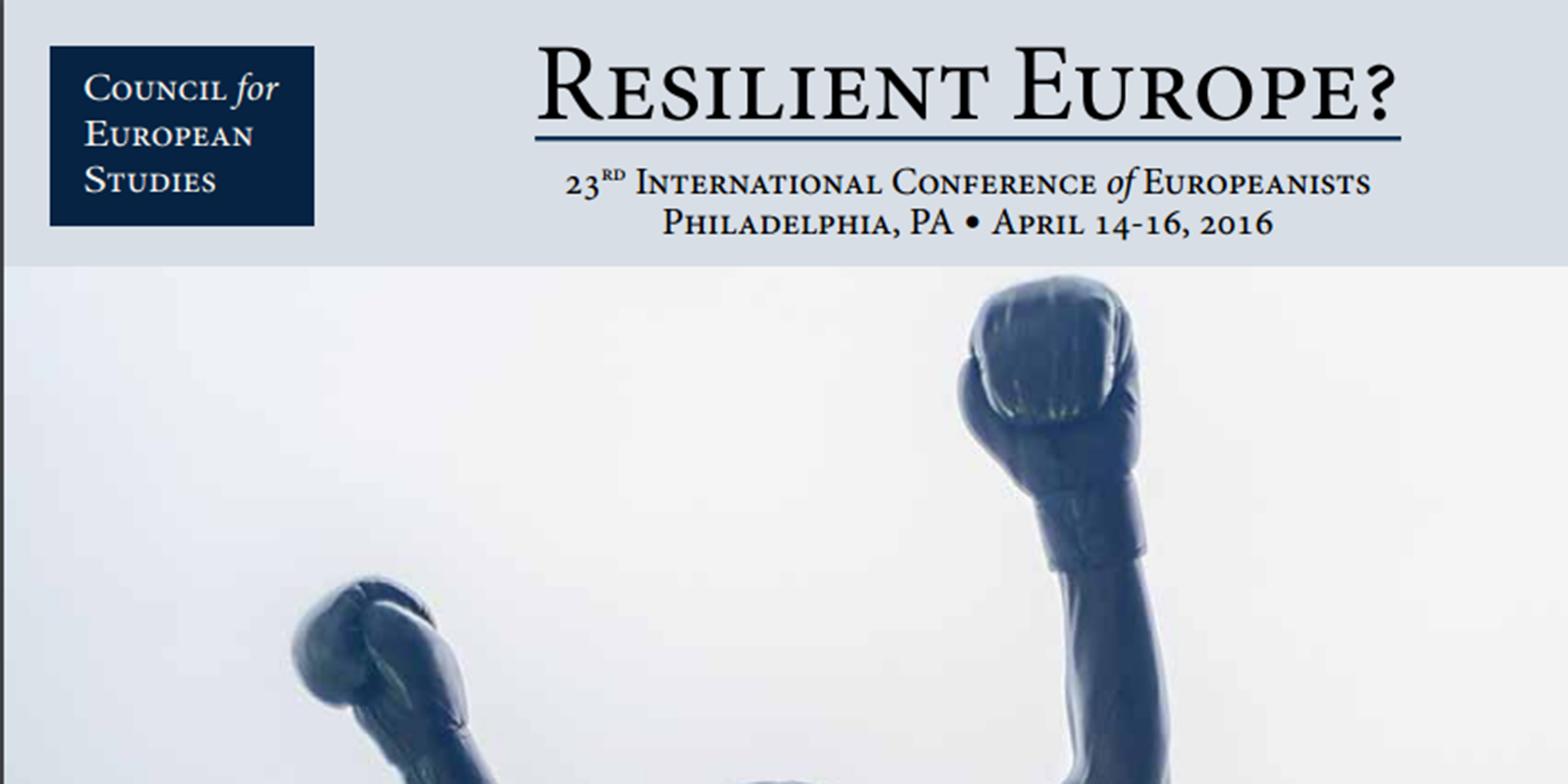words by Margherita Bussi
Last month Irene Dingledey (University of Bremen), Jacqueline O’Reilly and Margherita Bussi (University of Brighton), members of the NEGOTIATE consortium, took part in the 23rd CES Conference in Philadelphia.
The Conference brought together scholars from Europe and North-America working on the concept of resilience from a wide range of perspectives and disciplines.
The NEGOTIATE team set up the panel “Youth Employment and Social Resilience in Europe” in cooperation with two other European-funded projects Life What (unige.ch) and STYLE (style-research.eu).
The three contributions of the panel, commented by Martin Seeleib-Kaiser of the University of Oxford, discussed the idea of resilience from three different yet complementary perspectives.
Carolina Zuccotti and Jacqueline O’Reilly investigated the labour market outcomes of young people in the UK by adopting an intersectional approach accounting for ethnic background, gender and work-insentisty household composition. Using quantitative analysis, their findings show that young people coming from some minority groups and grown up in low-work intensity households are less likely to be NEET than young white Brits. Thus opening the debate about what aspects we need to investigate when looking at resilience and what mechanisms are likely to make these young people resilient.
Margherita Bussi presented a first analysis of the idea of resilience as it is conceived in the European-funded Youth Guarantee scheme in 5 different European countries. Her analysis of the national implementation plans showed that the idea of resilience, despite a strong potential for policy convergence of the Youth Guarantee, is still very much in line with national activation regimes. This is believed to hinder a significant transformation of the current national approaches to fight youth unemployment.
Finally Johannes Kiess’ contribution addressed resilience within the broader context of social and economic crisis. He suggested an analysis of a different three strategies: resilience, resistance, and regression. He argued that these “three R”, connected to each other, should be investigated together in order to make sense and understand the current and future reactions to economic and social crises.
